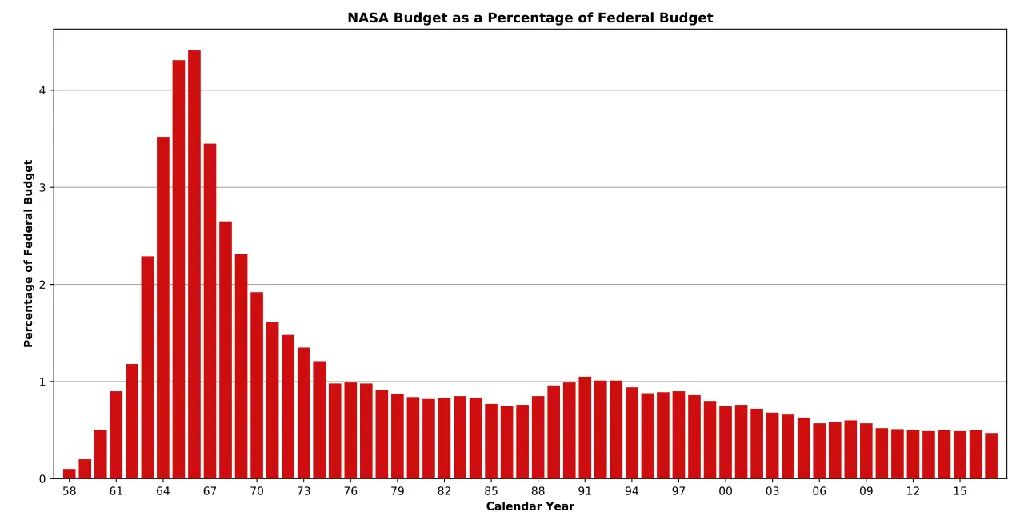The(y) didn’t pioneer reusable rockets
They did pioneer reusable orbital liquid fueled rockets, closest before that was the space shuttle's SRBs (solid fuel, dumped and fished out the ocean).
and they’re not cheap either. They’re expensive,
They are incredibly cheap to operate by rocket standards, the reason why they haven't lowered the pricetag is:
a. Would absolutely be an anti-trust against them if they didn't stay close to competitors (monopoly by simply being too good is a thing)
b. Capitalism baby, they have no real competitor so they can make a crazy profit (and because of point A they basically have to unless they want to be sued to oblivion).
and they’re floating on government grants
Contracts* They have government contracts. Government requests a service, SpaceX provides the service, SpaceX gets paid, simple as that. They have gotten subsidies to expand Starlink, but every ISP gets that and even then they have been declined it countless times because AT&T, etc. have lobbied against them.
SpaceX s(ti)ll hasn’t done anything hat wasn’t done better long before.
I'm sorry, what other rockets and space capsules can be reused? What other rocket can be returned directly on the launch pad?
They do party hard (wh)en a rocket of theirs explodes, which I never saw NASA do.
Because they see milestones being completed in the testing program, it's about where it exploded (it was gonna explode either way, planned or unplanned).
They managed to get their super duper new heavy rocket in an uncontrolled spin in low earth orbit! I’m sorry, Noy impressed by results that are less than half of what -again- NASA did in the 60’ and 80’ of the last century.
NASA sent a 50m tall, 9m wide second stage that was designed to be fully reusable with full-flow staged engines and then transferred super-chilled fuel between tanks? Cool! Which system was that? Would love to read about it!
